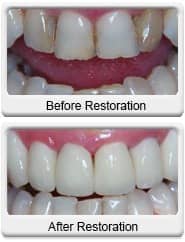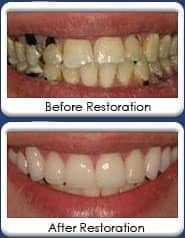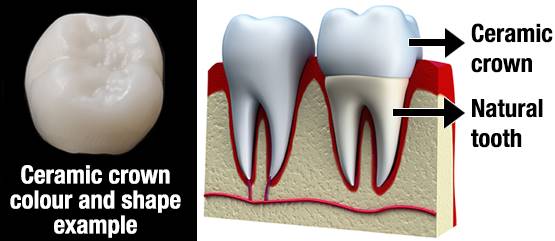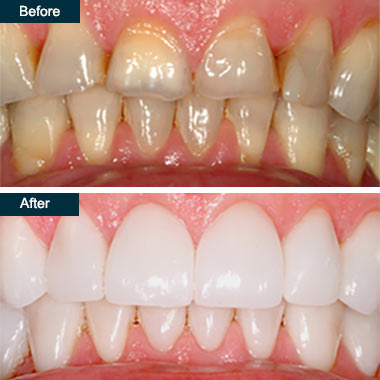Crowns can be made from a variety of materials including porcelain zirconia resin ceramic metals like gold or chromium or a combination of materials.
What are ceramic dental crowns typically made of.
Placing an all ceramic crown may offer some advantages in regard to biocompatibility.
A crown can hold a dental bridge in place too.
Crowns can be made from a variety of different materials including.
E max is the newest type of cosmetic material used for porcelain dental crowns and porcelain veneers.
Where a tooth colored dental crown is not a priority the gold dental crown is an excellent choice.
For certain dental prostheses such as three unit molars porcelain.
Types and uses and how they are made.
Ceramic crowns often look identical to natural teeth.
Temporary crowns can be made in your dentist s office whereas most permanent crowns are typically made in a dental laboratory.
Created by fusing a porcelain exterior to a metal base this type of crown is usually selected when a stronger crown is needed.
Usually it is the custom top layer of ceramic that is the weak link with all porcelain systems.
Typically temporary crowns are made of an acrylic based material or.
Takeaway you have many choices when it.
The design and placement of your new dental crown is typically accomplished within 2 3 weeks by a few steps.
Life like all porcelain crowns made to match the translucency and appearnce of natural teeth.
The types of ceramics used to make them are typically no more abrasive than dental enamel itself gold crowns have this advantage too in comparison the type of porcelain used to make pfm crowns can be very abrasive to opposing teeth and dental restorations and cause significant wear of.
While it is possible to chip porcelain crowns gold dental crowns provide no such possibility.
They typically don t require special care over time other than regular good oral hygiene.
Usually made from a porcelain based material ceramic crowns are the type commonly selected to repair front teeth.
Dental porcelain also known as dental ceramic is a dental material used by dental technicians to create biocompatible lifelike dental restorations such as crowns bridges and veneers evidence suggests they are an effective material as they are biocompatible aesthetic insoluble and have a hardness of 7 on the mohs scale.










